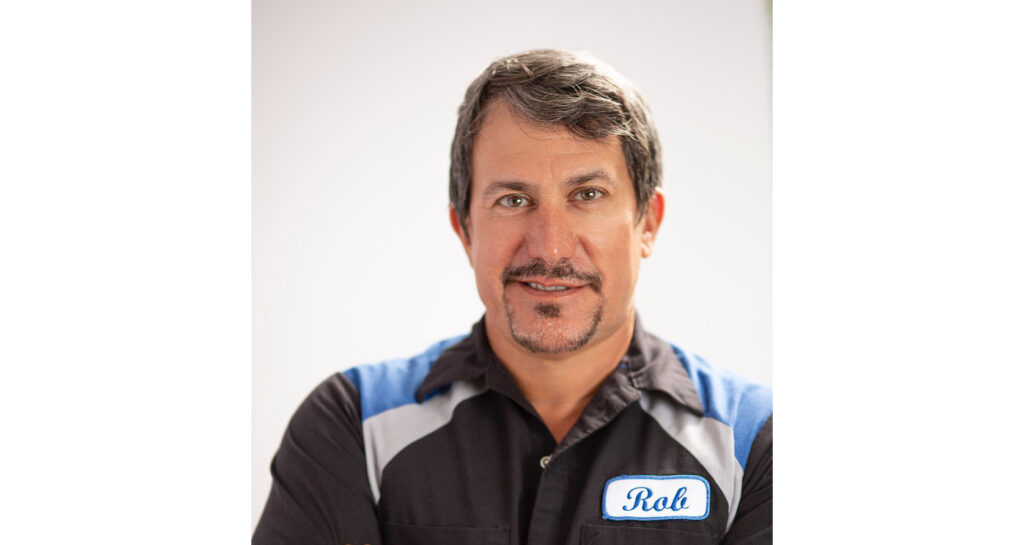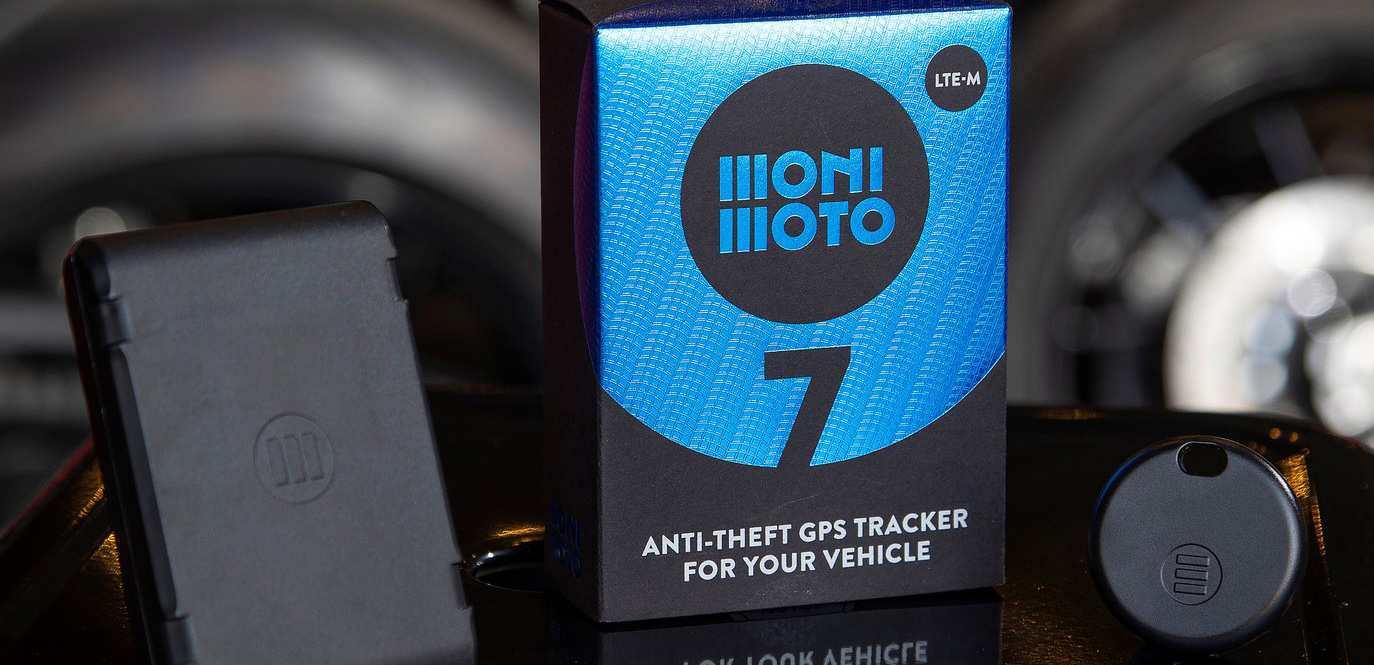Round No. 2 with F&I guru, Rob Greenwald
We received a lot of positive feedback after our last interview with longtime F&I trainer Rob Greenwald in September, so we decided to go another round for more perspective on the subject now that dealers are going back to the basics of selling again. We asked Rob to not hold back, and he had no problem accommodating us!
In our previous interview, we asked Greenwald about some of the pitfalls and problems dealers have faced selling F&I. Greenwald said that stores often see a lack of F&I success due to a variety of issues with management and owners.
“Honestly, some [dealers] just don’t get it,” he says, noting that he still comes across dealers who don’t believe in F&I, or where decisions are driven by the head office staff or service department. “It is sad how some people do not see the big picture, or maybe they’re lazy!”

Greenwald explains how some dealers he has worked with are afraid of scaring customers away with an F&I pitch. He says other departments can also be complicit, (e.g., they don’t want to do the work required when processing paperwork from sales to claims).
“Quality products presented properly will always yield great profits and enhance your customer retention,” he remarks. “I once worked with a store where the manager refused to sell GAP because they didn’t believe in it. And they were financing many deals with no money down. My point is, they didn’t realize how a customer could suffer if they have a total loss — both financially and in their ability to buy another toy from you.”
Some dealers only focus on what they are paying out rather than the revenue they are generating, which Greenwald says is shortsighted at a minimum. “Another store I worked with capped their F&I pay plan at a specific dollar amount. Every time I trained one of their managers, they would hit their cap mid-month. These managers were not motivated to keep pushing and then would leave for another store to work at in a few months.”
“You can’t put a limit on what a salesperson can make,” he continues. “Especially if they are making you more money. That just seems so counter-productive to success.”
Another dangerous area Greenwald says some dealers dabble in, is going with a car business approach to F&I. “Don’t get me wrong,” he adds, “there are some good things we can get from the automotive industry, but their overall model and approaches are not a fit for powersports.” He says some car dealers offer no real substance to the deals and they don’t enhance the ownership experience (Greenwald pushes to create a great ownership experience where the rider focuses on the enjoyment of their machine in his training).
The auto dealer approach is not built for long term success, according to Greenwald. “Cars are usually one unit per owner in a 4.2 year trade cycle, whereas an enthusiast may have multiple units, and many scenarios where the family rides can account for many units under one household, often purchased more frequently than one every four years. For example, a new rider may upgrade several times over a short period as their experience grows. The repeat business, as well as P&A, referrals, and service, contribute to a much higher value per customer, so retention is EVERYTHING in our industry.”
Greenwald says that powersports dealerships operate on an entirely different business model than their automotive counterparts. “It’s wants versus needs,” he adds, noting that most car buying experiences are likened to a trip to the dentist. We deal with it because we have to, not because we want to, he says. “People WANT to be in your store because they are buying fun and lifestyle. They are buying an experience and escape, not transportation.”
Powersports also has a much smaller pool of customers to draw from than automotive, Greenwald says. “Compare the amount of people owning cars to the small number of powersports enthusiast ownership. Our repeat business is anchored in doing a great job for our customers. It is more crucial we take care of our people and that we do whatever we can to bond these customers to our stores.”
When you sell quality core protections that provide real potential savings and bring customers back to you again and again, “you cannot go wrong,” Greenwald claims. Service Contracts, Pre-Paid VIP Maintenance, GAP, Tire and Wheel programs, and Battery Plans are all things that play a big role in what F&I managers sell, but it is the intangibles of fun and lifestyle that keep customers coming back. “You ruin your relationship with your customer and then they will punish you by taking their business, ALL of it, somewhere else.”
Greenwald shares a common phrase he often tells dealer principals, “If you want to be like a car dealership, go buy one, and let the people delivering quality customer experiences and who care about powersports, flourish in our great industry.!”
We wrap up our interview with the role of technology in the F&I department. While we are behind but growing and improving compared to other industries, technology is always a double-edged sword, according to Greenwald. “A tool that is used properly is often highly beneficial. But you must be cautious of how you use it. Is it a crutch? Or an assistant? Don’t let software kill your people skills (e.g., relying too heavily on a menu or using digital presentations).” Greenwald emphasizes that people buy from people. “We are emotional beings,” he says. “Look at the positives and the negatives of what smartphones have done in society, and where are we heading with A.I.?”
Greenwald strongly believes that while technology may have its place in powersports someday or in some way, it will never replace the human connection. “Powersports is a very personal purchase with a lot of emotion attached. No computer will ever mimic that. Can you connect with a computer that has never thrown a leg over a machine and can relate those shared experiences? That’s a negative, Ghostrider!”
Greenwald shares how he debated with an A.I. tech guy for a podcast. “The topic was A.I. in sales versus humans,” he recounts. “I had the A.I. podcaster so flustered and on his heels that it probably won’t be published.” Greenwald says the emotional connection cannot be replicated the same as an F&I who is doing his or her job correctly and serving their customer’s needs first. “We (humans) will stay relevant as long as we remain relevant. That will be a long time for those of us who are in a people business!”
Our thanks to Rob Greenwald for his deeper dive into the world of “Finance and Insurance” and what makes it work for powersports dealers. Be sure to check out Rob Greenwald at Accelerate in Dallas. You can reach Rob at powersportfi@aol.com.



